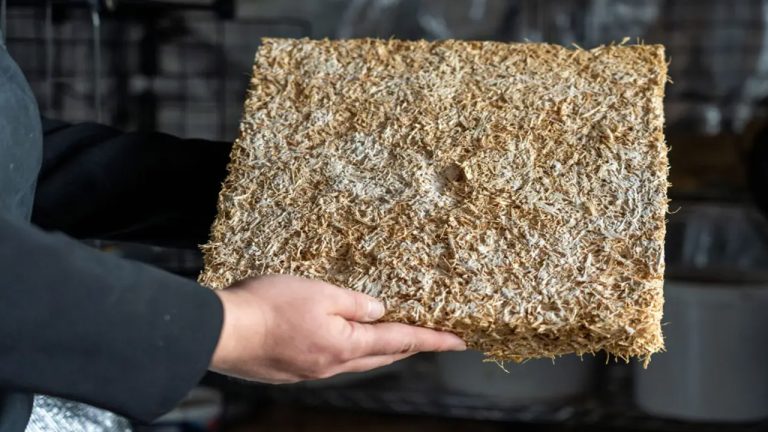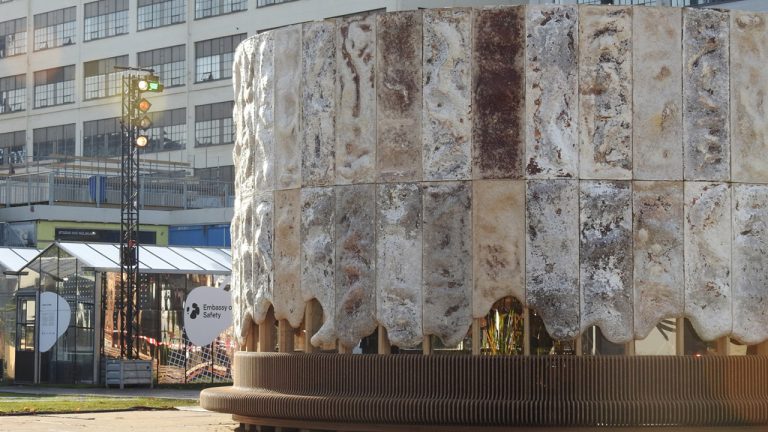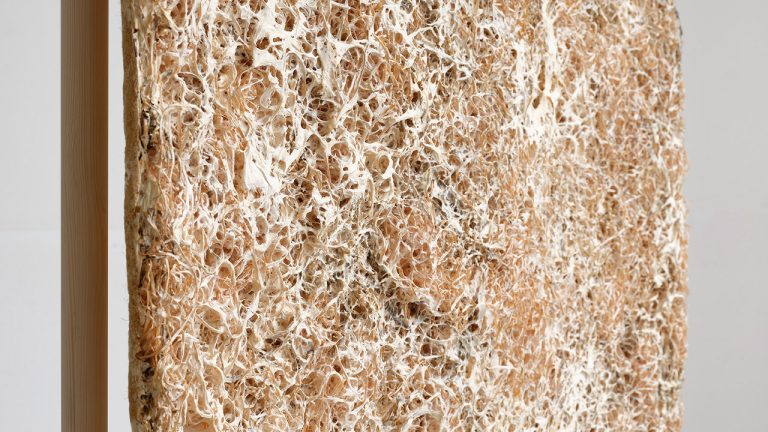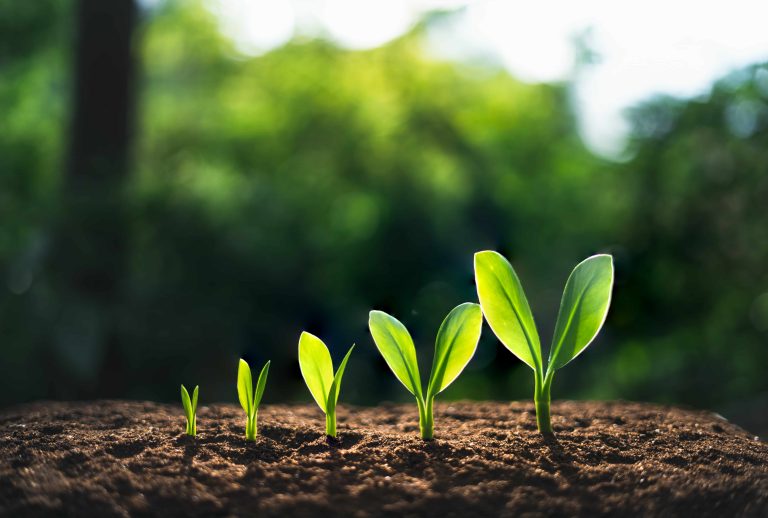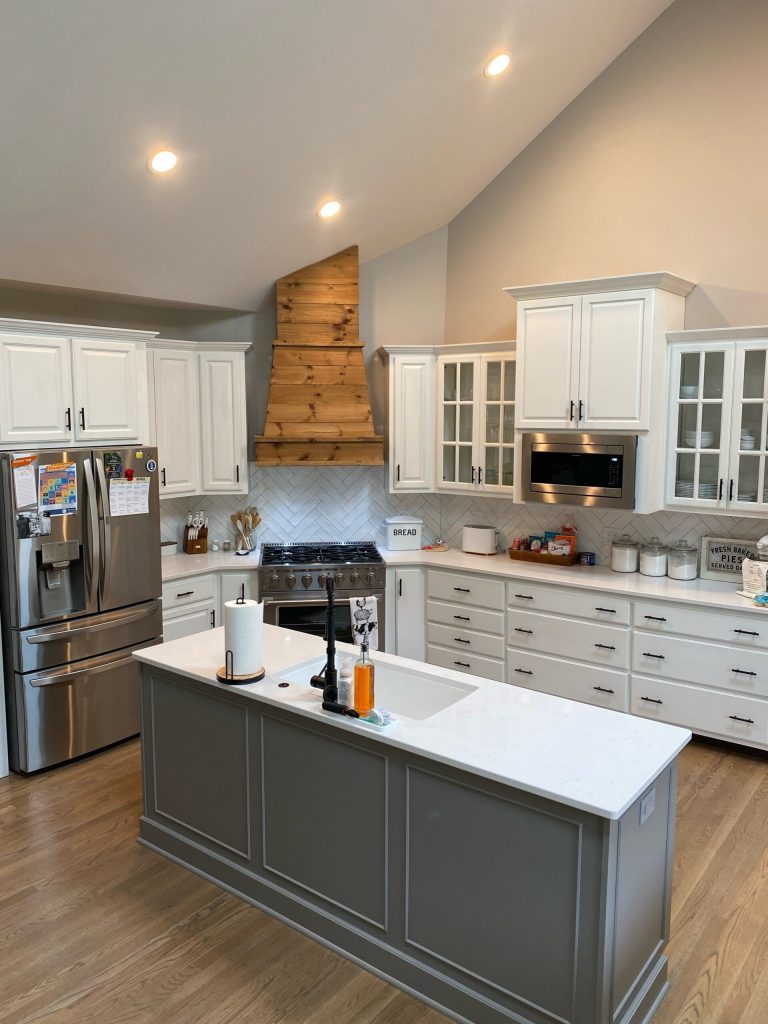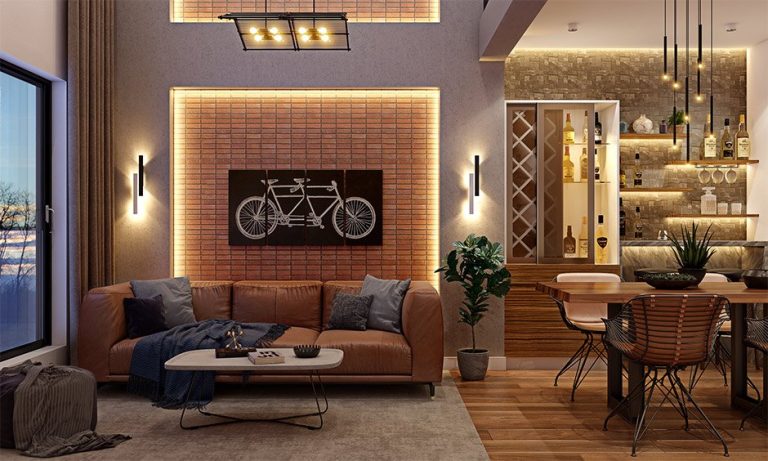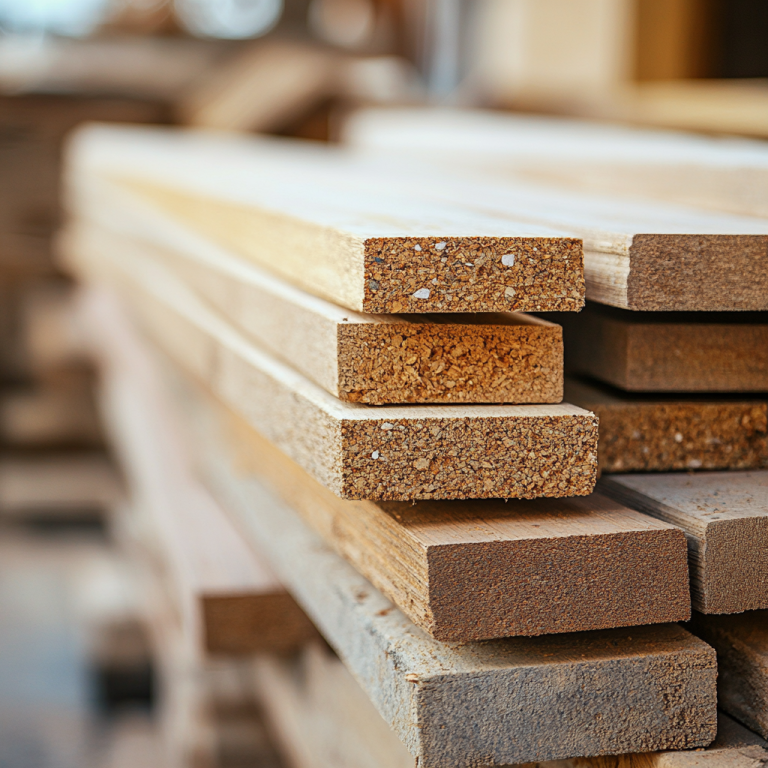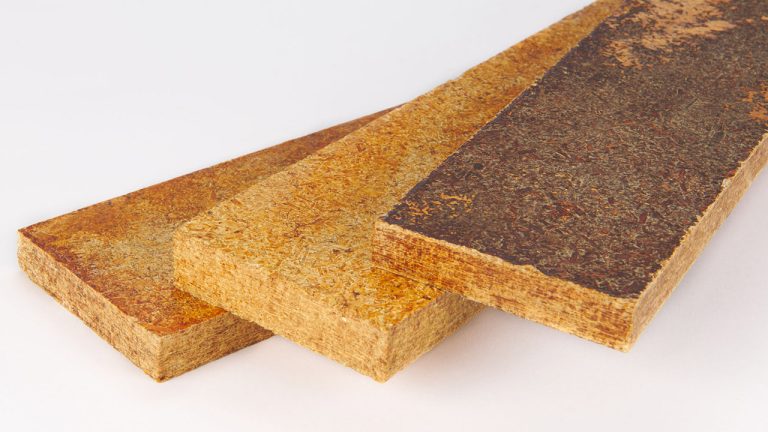
Sustainable Boards for Hospitals and Schools: Enhancing Hygiene, Safety, and Environmental Performance
Sustainable boards are rapidly transforming construction practices in hospitals and schools across Canada. Traditional building materials often carry high environmental costs, emit volatile organic compounds (VOCs), or require frequent maintenance, all of which can impact both health and operational efficiency. Bio-based and eco-friendly boards offer a practical solution, combining durability, low environmental impact, and compliance with hygiene and safety regulations. These materials are increasingly being adopted in healthcare and educational settings to reduce carbon footprint, improve indoor air quality, and support sustainable building certification programs like LEED and WELL.
In this article, we will explore the benefits, applications, and future potential of sustainable boards in hospitals and schools, while providing actionable recommendations for architects, builders, and policymakers.
